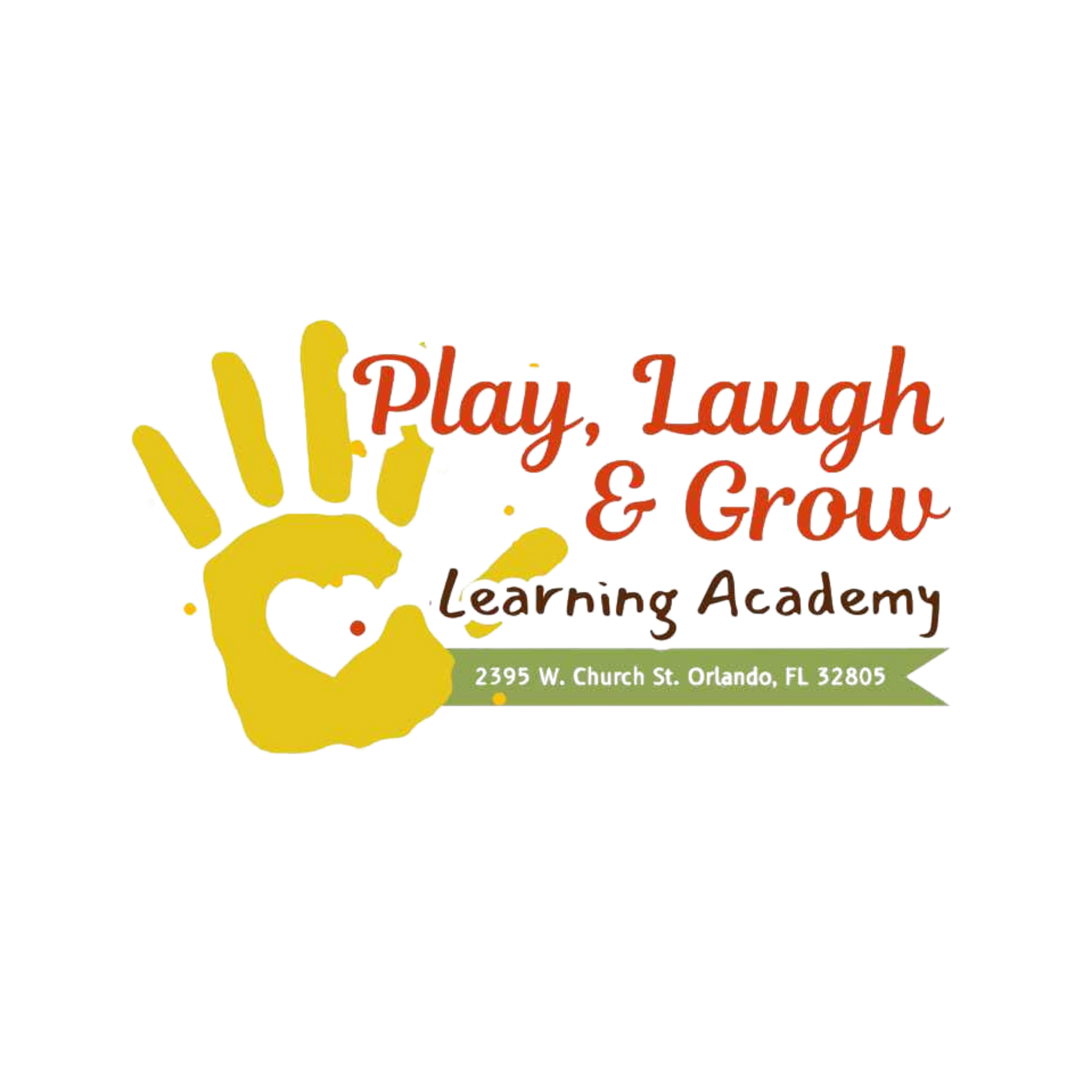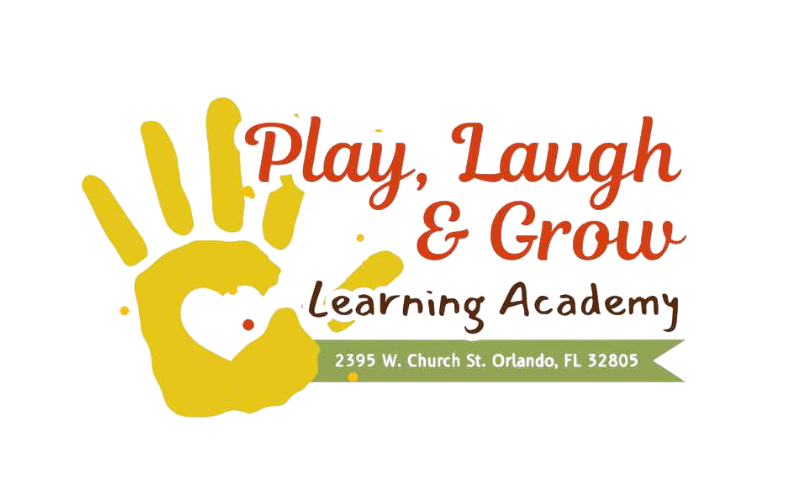Unlocking the Power of Play-Based Learning for Early Childhood Development

When it comes to early childhood education, there’s one key ingredient that’s crucial for success: play. Play-based learning is a powerful method for helping young children develop essential cognitive, social, emotional, and physical skills. It provides an opportunity for children to learn by doing, experiment with new ideas, and engage with their peers in meaningful ways. At Play Laugh and Grow Academy, we believe that play is the cornerstone of early education, and in this blog post, we’ll explore why play-based learning is so effective and how it sets the stage for future success.
What is Play-Based Learning?
Play-based learning is a dynamic approach that involves integrating play into the learning process. In this environment, children are given the freedom to explore, create, and interact with materials and others, allowing them to discover and develop new skills at their own pace. Unlike traditional classroom settings where learning is more structured, play-based learning encourages curiosity and problem-solving, making it a highly engaging and effective method for young children.
Play-based learning allows children to build on their existing knowledge by actively exploring the world around them. Whether through imaginative role-playing, creative arts, or hands-on science experiments, play provides children with valuable opportunities to apply and refine their learning in a fun and natural way.
Why Play-Based Learning Matters
There are numerous benefits to incorporating play into the learning process, and research has shown that it plays a vital role in early childhood development. Here’s why play-based learning matters:
1. Promotes Cognitive Growth
Play allows children to develop cognitive skills such as critical thinking, problem-solving, and decision-making. Through activities like building with blocks, solving puzzles, or engaging in pretend play, children are encouraged to think strategically and explore different concepts. For example, a child playing with blocks learns about balance, size, and structure, while also enhancing their understanding of basic math concepts like shapes and spatial relationships.
Imaginative play, where children assume different roles and create stories, also encourages abstract thinking and enhances creativity. As children engage in these activities, they begin to build a foundation for more complex learning in areas such as reading, math, and science.
2. Enhances Language and Communication Skills
Language development is one of the most important aspects of early childhood, and play-based learning plays a critical role in helping children develop strong communication skills. During play, children interact with others, share ideas, negotiate, and express their thoughts. Whether they’re telling a story, asking questions, or collaborating with peers, they practice using language in different contexts, which builds vocabulary and improves communication.
Role-playing and storytelling are excellent opportunities for children to develop language skills. When children engage in pretend play, they expand their vocabulary by learning new words related to different characters, actions, and scenarios. These types of activities also help children understand the structure of language and the importance of effective communication.
3. Supports Emotional and Social Development
One of the greatest benefits of play-based learning is its ability to foster social and emotional development. As children play with others, they learn valuable skills such as empathy, cooperation, and conflict resolution. Whether they’re playing a game with peers, working on a group project, or engaging in pretend play, children are constantly learning how to interact with others in positive ways.
Through play, children also learn to express and manage their emotions. When things don’t go as planned, they are encouraged to problem-solve and work through their frustrations in a safe and supportive environment. This helps build resilience and emotional intelligence, which are essential for their overall well-being.
4. Encourages Physical Development
Physical activity is another key benefit of play-based learning. Children develop both fine and gross motor skills as they engage in various physical activities, from running and jumping to drawing and manipulating small objects. These activities help children build strength, coordination, and balance, which are essential for their physical health and development.
For example, climbing on a playground structure helps children develop muscle strength and coordination, while drawing and coloring improve fine motor skills and hand-eye coordination. Physical play also contributes to a child’s overall well-being by promoting healthy habits and providing an outlet for energy.
5. Fosters Creativity and Imagination
Creativity is one of the most important skills a child can develop, and play-based learning is a natural way to foster this ability. Through imaginative play, children use their creativity to explore new ideas, create stories, and invent new worlds. Whether they’re pretending to be a superhero, a teacher, or an animal, children can express themselves in limitless ways.
Creative play also helps children think critically and solve problems in innovative ways. By experimenting with different scenarios and ideas, children learn to think outside the box and develop flexible thinking. This type of play encourages them to explore new possibilities and experiment with their ideas, which can later translate into skills needed in problem-solving and innovation.
The Role of Play Laugh and Grow Academy in Play-Based Learning
At Play Laugh and Grow Academy, we believe that play is not only essential but also central to our educational philosophy. Our curriculum is designed to promote play-based learning in every aspect of the child’s day, from structured playtime activities to open-ended play opportunities. Here’s how we incorporate play into our program:
1. Themed Learning Centers
We create themed learning centers where children can engage in hands-on play that is both educational and enjoyable. These centers focus on different areas of learning, such as science, math, art, and literacy, allowing children to explore new concepts in a playful and interactive way. For example, a “nature” center might include tools for gardening, nature-based books, and toys related to animals and plants.
2. Interactive Group Play
Collaboration and teamwork are essential for social and emotional development, so we provide plenty of opportunities for children to engage in group play. Whether it’s working on a group art project or playing a team-building game, these activities help children practice social skills like cooperation, communication, and empathy.
3. Outdoor Exploration and Physical Play
Our outdoor play areas are designed to promote physical activity and exploration. Children have access to a variety of outdoor toys and structures that encourage running, jumping, climbing, and other forms of physical play. This helps children develop both gross and fine motor skills, while also providing a space for them to release energy and enjoy nature.
4. Creative and Pretend Play
Pretend play is an important aspect of our curriculum, as it allows children to explore different roles, scenarios, and social interactions. We provide materials such as costumes, props, and storytelling tools that encourage children to use their imagination and creativity. This type of play not only supports language development but also helps children understand the world around them.
Learn how cultivating emotional intelligence in young children is crucial for their success and explore the deeper role of play in early childhood development by reading
Cultivating Emotional Intelligence in Young Children: A Crucial Skill for Success and
The Role of Play in Early Childhood Development: Beyond the Basics.
Conclusion
Play-based learning is a powerful method for fostering the cognitive, social, emotional, and physical development of young children. At Play Laugh and Grow Academy, we are committed to providing a learning environment where play is not just a break from learning but an essential part of the educational experience. By integrating play into every aspect of our curriculum, we help children build the skills they need to succeed in school and life. Play isn’t just fun—it’s a vital part of early childhood development, and we’re proud to embrace it as the foundation of our teaching philosophy.















